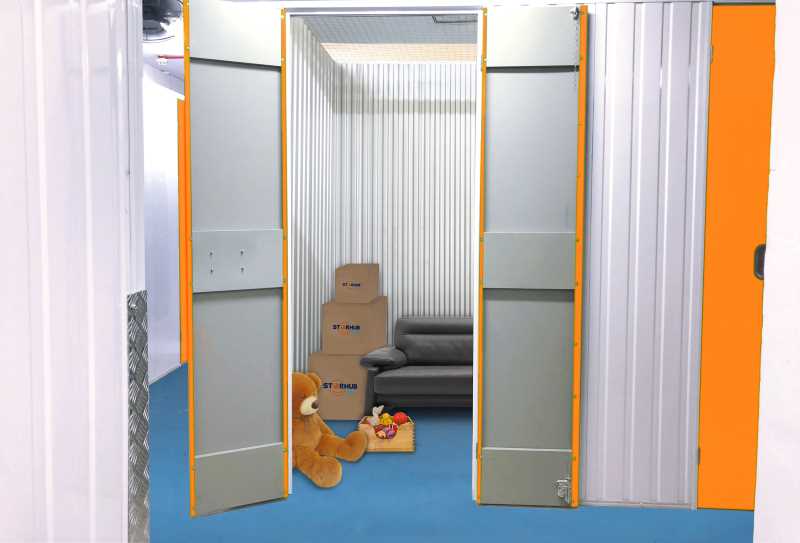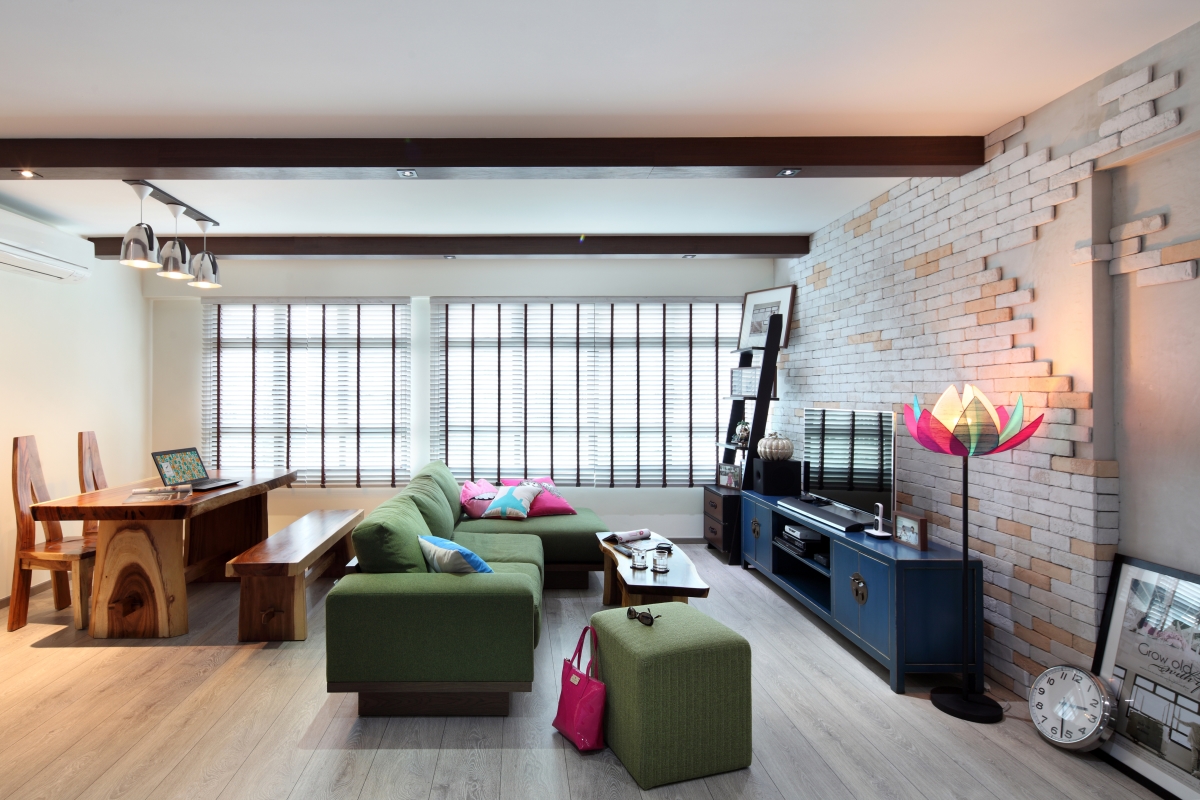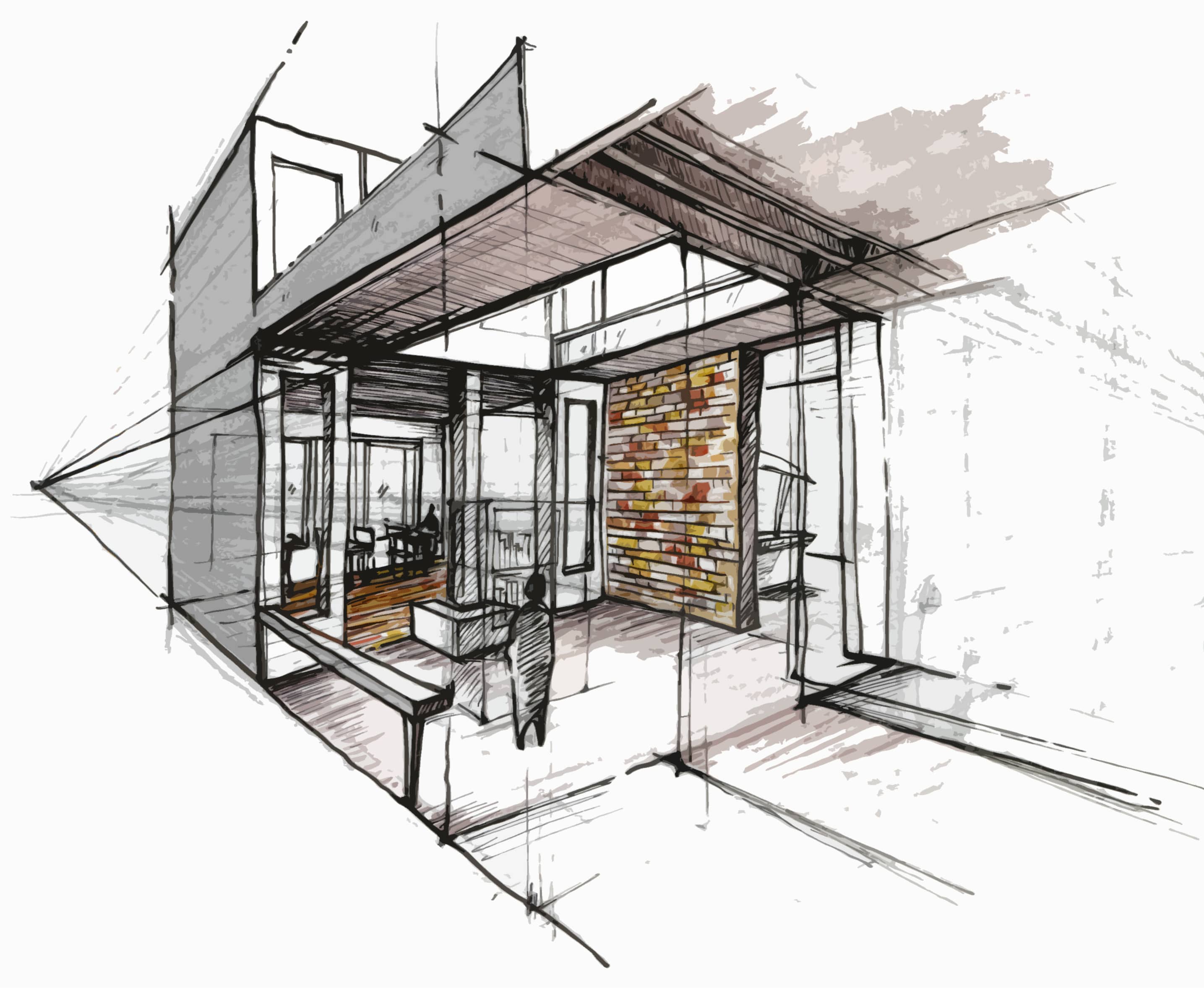FAQ For Saving Space In A Small Home
Interior Design & Decor5 minutes read
2938 views
2938 views
(Guest Writer: Luigi La Tona, Chief Operating Officer, StorHub Self Storage)
Our families may be growing, but not our homes. To save space on our tiny island nation and to meet a growing population, many homes have been built yet kept physically small.
When sharing our home with others, how do we save space, or maintain a facade of spaciousness?
We get our answers from Mr Luigi La Tona, the Chief Operating Officer of StorHub Self Storage.
1. With homes decreasing in size, how can we fully utilise the space for its full potential?
With homes decreasing in size, our ability to curate spaces to our needs is becoming increasingly limited. Despite being aware of space constraints, we only realize that we are running out of space at home when our storage rooms are cluttered or when we struggle to find items amongst the barrage of items occupying our space. Often, this results in spare rooms doubling up as storerooms, instead of being utilised for other purposes.
To maximise space in small homes, it is important to dedicate specific spaces for different activities such as storage, work, and hobbies. For example, carve out an area for a home office to have a conducive and productive workspace.
Our need for space can be divided into three categories including the personal space, the functional space and the creative space. Various places in the home and work environment address these aspects of need. For example, the bedroom or the bed can be a personal space at home for many of us while a workbench or desk will be a functional environment for us to be productive and do meaningful work.
Similarly, some of us see the kitchen or a table as space for us to be creative. Wherever it may be, we need space to fulfil our basic human needs to live a balanced and comfortable life. When we are surrounded by clutter we lose this sense of calm, balance and ultimately the positive state of mind.
2. How does clutter affect the space you have?
With a limited amount of space in our homes, the presence of clutter becomes jarring, decreasing the actual space we have for our daily activities. Moreover, with items stacked up on top of each other and in messy piles, it can be difficult to find the items we need when we need them.
As described earlier, our need for personal, functional and creative space is a fundamental and immediate need for our well-being and a positive state of mind. When this is denied, we struggle to be at a productive, creative or even calm state. We struggle to find joy, face decreased productivity and an increase in stress levels at home.
Thus, it is always important to evaluate the items in your home to identify which ones are important for immediate use and which ones can be stored away in an alternative secure and dedicated storage space outside of your home.
3. How can families find joy by reorganising their space at home?
Turn reorganising into a family activity! Assign family members with specific roles and have them navigate the different spaces at home to pick out items for decluttering, disposing and donating.
When families reorganise their homes, they create clear mandated spaces for the personal, creative and functional aspects of their lives. As a result, they reclaim space to live less stressful clutter-free lives. The space created can then be used for new activities that spark creativity, increasing family bonding and enjoy the benefit of true living spaces.

Above Image + Thumbnail Image © StorHub Self Storage
4. Is it possible for a family to struggle with space in large homes?
Yes, it is possible. Clutter is a problem faced by everyone, no matter the amount of space clutter accumulates. It is only human nature to attach sentimental value to items making it harder for us to dispose of items, even in the absence of practical use.
We keep clutter thinking that they can be repurposed or we might need it in a contingency in the future. Moreover, with larger homes, the extra space can be deceptive. Space does run out and hoarding only serves to contribute to clutter, adding to the mess.
Organising your home can be a tedious task, and with a bigger than usual home, it can be daunting especially when you cannot decide where to start. However, a great tip would be to go through each section or room and segregate the clutter into items that can be disposed of, donated or require storage.
By systematically categorising and organising your clutter at home, an insurmountable task is broken into smaller subtasks that now makes a daunting challenge more manageable.
5. Renovation can be stressful. How can clutter from delayed renovation lead to stress and anxiety?
Well, the prospect of moving into a new home should always be exciting for new homeowners but it can also lead to stress if the renovations are burdened with clutter. This is compounded further if the renovations are delayed. Renovations mean that homeowners must not only make space for essentials including, paint, bin bags, brushes, and plastic but also face the enviable task of cleaning up after.
With the sudden surge in the number of new items cluttering your space, including boxes of personal belongings, your home will run out of liveable space for a significant period of time. The constriction in space, coupled with the frustration of having to live out of boxes, can lead to elevated levels of stress and anxiety.
By being organised and doing a decluttering exercise prior to the renovation work, as well as organising an alternative storage space facility for the items that might be needed in the medium term, we can navigate through the highly stressful renovation phase.
6. How can parents with young children maximise spaces in small homes for hobbies that can take up space?
Hobbies that take up a substantial amount of space can make small homes feel smaller and crowded. The key to fitting hobbies in small homes is being able to allocate space for the personal space, the functional space and the creative space for the members of the family.
For example, by allocating a working environment for professional parents and another for young children to play by ensuring clear demarcation and rules of use, families not only respect the needs of each member of the family unit but also reduce the stress of misplaced items, accidental damage and other mishaps.
By spending a bit more time to prepare the space at home, especially storage, hobbies can become a key creative function for the family to enjoy.
Request for quotes and we'll match you with a selection of Interior Designers!
Previous
Trendy Colours and Awesome Guides For Your Bathroom


 Sign Up with Google
Sign Up with Google

.jpg)

